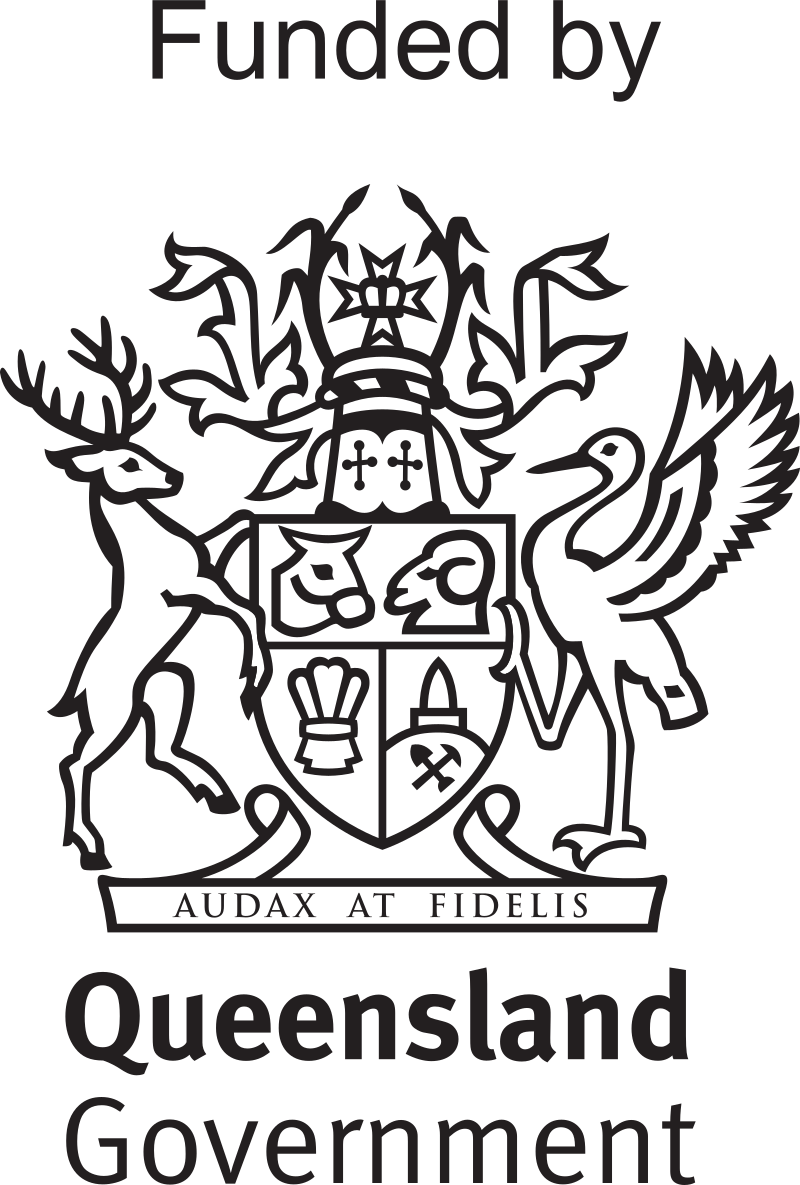CURRENT RESEARCH
We seek to understand more about domestic & family violence & sexual assault, & determine the effectiveness of strategies to make our communities safer for all. If you would like to know more about any of these research projects, please contact us.
AI use within services accessed by victim/ survivors and users of violence.
The use of AI is increasing in a range of services that that encounter clients/ customers who are experiencing or perpetrating domestic, family and/ or sexual violence. Such services may use the technologies to provide cost-effective round-the-clock responses to individuals and families who cannot attend in-person support, and who may be in living with violence. It is acknowledged that across the digital social services sector more broadly there have been many examples of unintended negative impacts, thereby causing disproportionate harm through secondary system abuse to service users (such as by Robo-debt in the social security sector).
Precisely what systems are being used, in which services, and how they are being used is not broadly known. This is particularly problematic given the harm and trauma already experienced by domestic violence survivors. As a first step towards developing guidelines and strategies for best practice, this project aims to build a map of what and how AI systems are currently being used across these services.
Research team: Lyndal Sleep, Heather Lovatt, Paul Henman (UQ) and Amy-Louise Byrne.

Evaluation of the expansion and enhancement of integrated services responses and High Risk Teams
The Department of Justice and Attorney-General (DJAG) has supported a number of enhancements to the Queensland domestic and family violence integrated service system aimed at ensuring consistent approaches to identifying, assessing, and responding to DFV. Initiatives include revising the Common Risk and Safety Framework and Information Sharing Guidelines; increased funding for High Risk Teams (HRTs) and additional membership (i.e. Victim Assist, Court Support), along with new roles for First Nations Cultural Advisors at some HRT sites to increase cultural capability.
To understand the extent these initiatives are supporting integrated service responses and HRTs to respond effectively, DJAG has commissioned the QCDFVR to conduct an independent evaluation. This research project aims to evaluate the effectiveness of the enhancements and expansion of the integrated service system and HRT model in meeting its objectives and intended outcomes, taking a Queensland wide approach across ten locations. The evaluation will inform the Queensland government, organisations and communities about how they are working together to deliver consistent and good quality responses to meet the needs of victims-survivors and improve accountability and rehabilitation of people using violence. This project is being led by Dr Sue Carswell with support from Dr Liane McDermott, Ms Jamie Lee Anderson and Dr Heather Lovatt.

Literature review on trauma informed approaches, artificial intelligence and domestic, family and sexual violence.
In this project, QCDFVR is delighted to work with QUT intern student Brooke Crockett, to conduct a scoping literature review which will locate literature on AI, trauma informed approaches and domestic, family, and sexual violence. The student will work with Dr Lyndal Sleep, as well as library staff, to develop a literature review protocol that will locate resources on these topics and identify research gaps. Research internships are important for training the next generation of researchers in emerging areas of DFV concern, as well as creating new knowledge in itself.

Trauma-informed AI: Developing and testing a practical AI audit framework for use in social services
Artificial Intelligence (AI) is increasingly being used in the delivery of social services including domestic violence services. While it offers opportunities for more efficient, effective and personalised service delivery, AI can also generate greater problems, reinforcing disadvantage, generating trauma or re-traumatising service users.
In partnership with researchers from the University of Queensland School of Social Science and the Automated Decision-Making and Society Centre of Excellence, this project seeks to co-design an innovative AI trauma-informed audit framework. It aims to provide a practical resource for social services agencies to make trauma informed choices about the technology they use. The research team is Dr Lyndal Sleep, and University of Queensland researchers Professor Paul Henman, Dr Suzanna Fay and Suvradip Maitra.

Keeping Women Safe from Violence
QCDFVR is working with Warringu Aboriginal and Torres Strait Islander Corporation which initiated this project to develop a framework to build a wholistic model of care for women in shelter accommodation. Currently shelters are only funded to provide temporary crisis accommodation for women and children who are escaping violence or at risk of homelessness: they are not funded to provide any services to support or address the underlying issues or therapeutic requirements of clients residing in the shelters.
The focus of the project is Far North Queensland, where there are 13 shelters whose primary clients are First Nations women and children.



